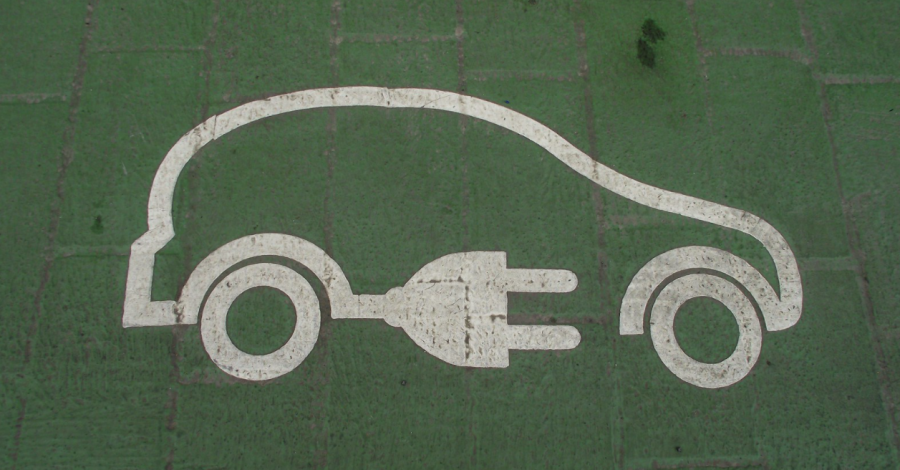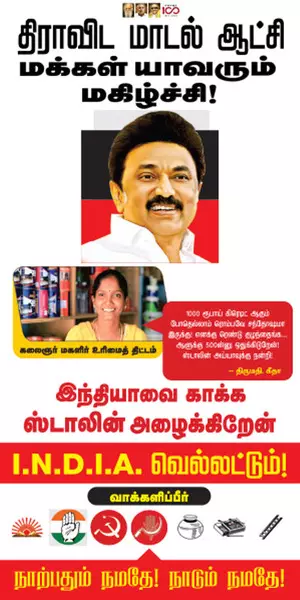
Charge as you go: India may get its first ‘electric road’ next year
About 20% of the Delhi-Jaipur highway will be electrified, with a separate lane catering to the recharging needs of electric vehicles.

India is set to get its first ever electric highway by mid-2022 as part of a pilot project. An e-highway — alternatively called ‘electric road’ — recharges the batteries of vehicles plying it using an energy transfer system, thus bringing down the carbon footprint, according to a report in The Print.
It said the pilot will first be rolled out on the NH 48 — specifically, the 200-km-long Delhi-Jaipur stretch of the Delhi-Mumbai Expressway. Here, 20% of the roads will be electrified, with a separate lane catering to the recharging needs of trucks and other electric vehicles (EVs).
Also read: Soon! ₹50K-cr Chennai-Surat Highway which cuts travel time by 6 hrs
The Centre has been planning such a project — modelled on a Swedish one — for a while now. But it is still in a preliminary stage in India, The Print said citing an official in the National Highways Authority of India (NHAI).
German, Swedish initiatives
Apart from Sweden, Germany is said to have introduced the electric road technology in 2019, on a 6-mile stretch near Frankfurt. There, 670 V overhead cables allow electric trucks to draw down power and recharge their batteries even as they are being driven. The overhead cables can be charged either by electric current or via solar energy; in the latter case, the carbon footprint would work out to zero.
The Union Road Transport and Highways Ministry, under Nitin Gadkari, held talks in April with industrial partners to thrash out the technical details for the NH 48 project. But the second wave of COVID proved a speed-breaker, said the report.
Gadkari has been a keen advocate of highway electrification. In March this year, he told the Lok Sabha: “Buses and trucks can ply this e-highway at a speed of 120 kmph and will bring down the logistics cost by 70%.”
“Just like railways, I want to see electric trucks on highways,” he had said at another event.
Traffic-heavy routes
The Union government’s National Highway for Electric Vehicle (NHforEV) intercity e-mobility prototypical programme, which is handling the e-highway project, is looking to convert tourism buses and cabs into electric buses and cars on the NH 48 and Yamuna Expressway. The two routes have been chosen because “a large number of tourism bus and cabs ply on these two routes daily”, says the NHforEV website. “Both routes are well developed and have easily accessible power supply,” it adds.
The Indian e-highways are expected to focus on trucks and freight transport carrying fast moving consumer products (FMCG) and white goods such as refrigerators, washing machines and air-conditioners, said The Print.
Among the four companies that the Road Ministry is holding collaboration talks with are one each from Germany, Israel and Sweden, the report said. The project will be under the PPP (private-public partnership) model, under which the Centre will offer incentives to technological partners, provide land, and get original equipment manufacturers (OEMs) to install the contact arm in vehicles, it added.
Pantograph model
It further said India is likely to adopt the pantograph model of e-highways, where a contact arm is attached to the top of the freight or electric vehicle. This is connected to an overhead cable that charges the battery.
The alternative is the conduction method, wherein the contact arm is at the bottom of the vehicle and connects to the road, which has electromagnetic current.





